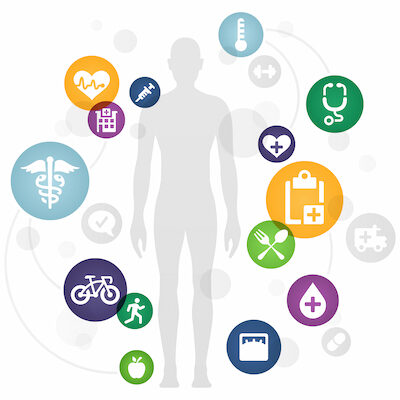Personalised Medicine
Personalised Medicine, also known as precision medicine, is a medical approach that uses individual patient characteristics, such as genetic information, to guide healthcare decisions. The goal of personalized medicine is to provide the right treatment to the right patient at the right time, leading to improved patient outcomes and a more efficient use of healthcare resources.
In personalized medicine, healthcare providers use an individual’s genetic information, along with other relevant patient data, to predict the likelihood of a particular health condition or disease. They can then use this information to tailor a patient’s treatment plan to their specific needs, taking into account factors such as their individual risk profile, the severity of their condition, and their response to previous treatments.
Personalised Medicine has the potential to revolutionize the way we approach healthcare, as it allows healthcare providers to make more informed decisions about patient care and to deliver treatments that are more effective, with fewer side effects.
Examples of Personalised Medicine include the use of genetic testing to guide the selection of cancer treatments, the use of pharmacogenetics to guide the selection of medications for mental health conditions, and the use of genetic testing to guide the selection of treatments for cardiovascular disease.
Overall, personalized medicine has the potential to improve patient outcomes, reduce healthcare costs, and increase the efficiency of healthcare delivery.
You may be interested in the programs below:



